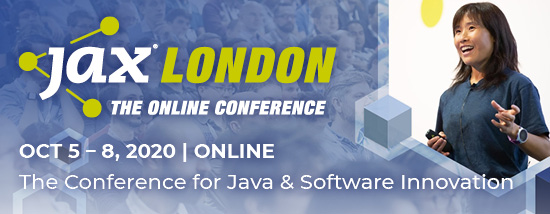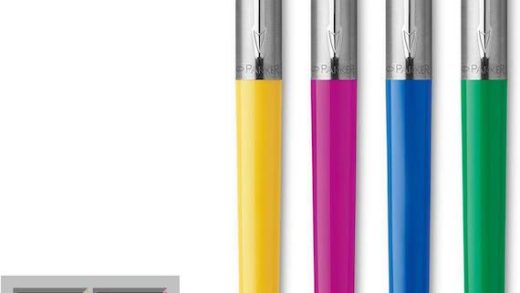JAXenter: This past year has shown that working remotely is possible for many organizations. Although we had to learn this via necessary, forced adoption, do you think the future of work will continue to center itself around working remotely?
Brendan O’Leary: I do think that the future of work will be remote. We’ve already seen employees preferring remote work, even as it has been forced and under less-than-ideal conditions.
As we see the world start to recover, we’ll find even more benefits that come with remote work – non-linear workday, measuring for results instead of hours, and the ability to fit work into your life rather than the other way around.
SEE ALSO: Using Dynamic Admission Control to Secure Your Kubernetes’ Supply Chain
JAXenter: According to the survey, security confidence has risen this year – it is up 13% compared to last year’s numbers. 72% say their organization’s security is “good” or “strong”. What has changed in the past year to cause this?
Brendan O’Leary: We’ve seen a shift over many years toward moving security “left” – but recent events of security and supply chain breakdowns have accelerated most organizations’ security maturation.
Collaboration and coordination between development and security teams has also been steadily increasing, and probably become more formalized as folks had to switch to remote work.
JAXenter: Testing continues to be a major struggle for release delays. Do you have any testing best practices to suggest?
Brendan O’Leary: The more you can consolidate, automate, and integrate testing into your entire DevOps flow, the larger dividends will be paid down the road.
While it can be an upfront investment to get started, the key will be that once established, an automated testing program will be much easier to iterate on than starting from scratch.
JAXenter: Kubernetes is eating the world. What benefits do we see in organizations that implement K8s?
Brendan O’Leary: Organizations who would have had to have lots of team members focused on how to deploy, manage and scale apps with demand have been able to repurpose operations time to focus on uptime and platform procedures. Instead of bespoke platforms or servers for each app, platform teams can enable developers to deploy software faster, with scaling and portability built in.
JAXenter: In your opinion, what are the biggest challenges currently facing developers?
Brendan O’Leary: Consistency with development vs. deployment environments, automated testing and observability are the biggest challenges that developers face today.
As our systems have become more complex – systems of systems, large collections of microservices and an ever-increasing number of dependencies, those challenges have increased over the last few years.
SEE ALSO: “Serverless future will depend on the serverless orchestrator”
JAXenter: What is one of your favorite open source tools that you feel more people should take a look at?
Brendan O’Leary: Svelte, https://based.cooking/, https://patternlab.io/
JAXenter: And finally, I see on your website that you love to read. What’s the most important book that you read this year?
Brendan O’Leary: I’d say the most important book I’ve read this year was “Weapons of Math Destruction” by Cathy O’Neil.
Thank you so much!
The post “An automated testing program is easier to iterate on than starting from scratch” appeared first on JAXenter.
Source : JAXenter




















